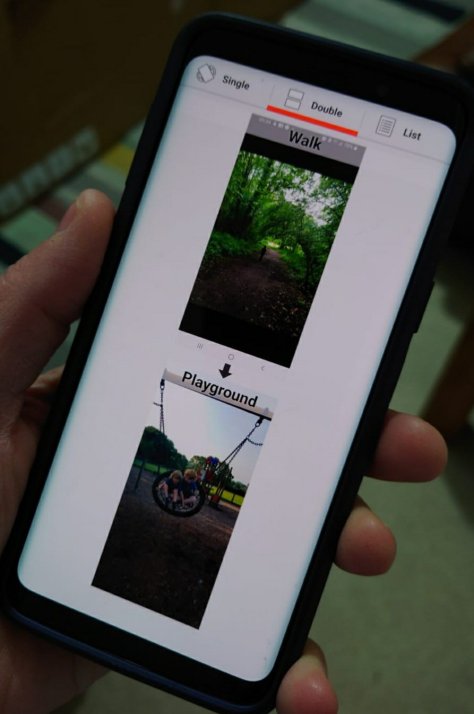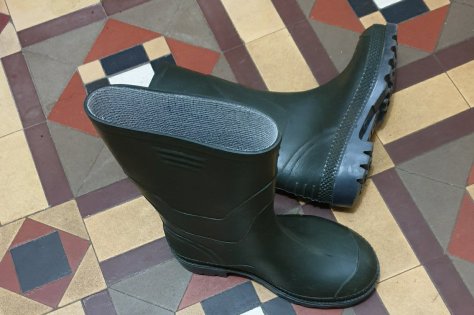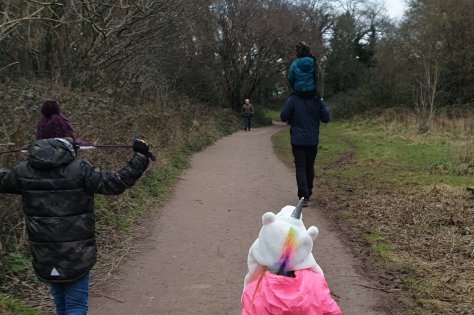“We are all on the spectrum”
“We are all a little autistic”
“I get scared in strange places too”
“I am not really a social person”
I have so much to say when I hear those words. I have so much to share and explain.
I have so much awareness to raise on a condition that is part of our lives, part of my son.
I want to respond to those comments. I want to let people know what autism is.
Autism is not feeing anxious about new surroundings, or a child crying because they don’t want to leave their mum. Autism is the strange sound that reverberates through the body, the strange smell of the floorboards, the overpowering vibrations of the crowds running across the wood panel floors. It’s the overwhelming sensory input that means it is impossible to enter a room no matter what reassurance is given.
Autism is working through multiple scenarios in your head, dissecting days out that have ended because it rained that day or I put wellies on my son’s feet instead of trainers.
Autism is never having a play date, because your son doesn’t have any friends.
Autism is when your son is invited to a birthday party, but you have to decline because you know it is a magic show where the magician uses a PA system that cannot be tolerated by your son’s hypersensitive hearing. You make some excuse about a family event, but in reality you just sit at home because you don’t have the words to explain. The birthday invites then stop coming, because you are seen as a parent who never takes part.
Autism is answering for your child because you don’t know how to explain why they can’t answer for themselves.
Autism is answering to a stranger when they ask your son “Hello, what is your name?” because he cannot talk or understand the question. You don’t have the strength to try explain the complexity of the situation, because the stranger is just the cashier in Morrisons who you will never see again.
Autism is taking your children to the zoo, only to have to return to the car after ten minutes because your son cannot cope with the smells of the unknown location. You let your other children grab a treat in the gift shop while you beg for a refund or just forfit the £60 entrance charge. You cry because your autistic son’s siblings have looked forward to this day, but lose out because their brother can’t cope.
Autism is sitting on the supermarket floor, while your son has a meltdown. Shoppers pass you by, looking at you and wondering why you just don’t discipline your child. But you know you just need to sit and wait for the pain to subside. Being there is the only way through it.
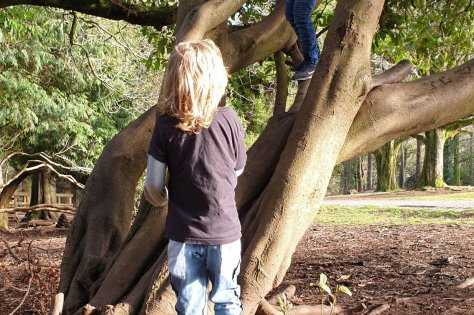
Autism is taking your six year old son to swimming lessons, but still being in the parent and toddler class because that means you can be in the pool with him. Parents of two year olds watch you wondering why he hasn’t progressed. You ignore it, you have grown a thick skin that simple stares cannot penetrate.
Autism is planning everything to the most minute detail. You dissect situations that fail and try again and again. Scenarios and plans are so engrained in your head that you become an expert and execute them like clockwork.
Autism is knowing words are not the only way to communicate. You crouch down to your sons eye level and hold up pictures and schedules. Ignoring the onlookers, focusing on the key communication strategy that works.
Autism is panicking when the new taxi to school has a sliding door instead of a swing open door. A change that can set back your son’s education. A situation you have not planned for or envisaged, and stand with waited breath and fingers crossed in the hope it will all be ok.
Autism is hard, but autism is also pride. Pride at what your child can achieve.
Autism is hard, and difficult to explain, but autism is also pride. Pride that barriers can be broken down, and goals exceeded. Where new ways of living can be found, and a strength you never knew existed breaks through from nowhere.
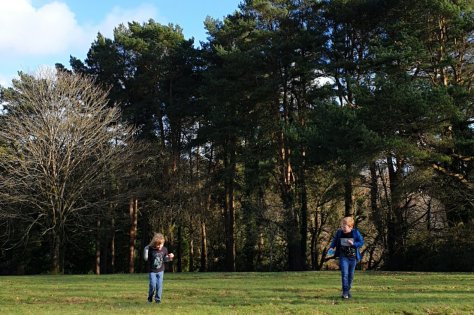
Autism is shock at the things your child can do, beyond any ability of your own. The photographic memory, the association of numbers or the high speed rotation without any dizziness in sight.
So before you comment or undermine the challenges that autistics and those supporting them face, ask a question instead. Ask for information, ask how you can help, or just smile and say, “You are doing ok mum, you are doing great”.
Because autism is not a tut, or a mutter of bad parenting. Autism is life through a different set of glasses, a life we are trying to navigate through where the maps don’t yet exist and rulebooks are still being written.
We are still creating a world where we can all belong, and we need all kinds of minds to achieve that!
🌏🌏🌏🌏🌏🌏🌏🌏🌏🌏




